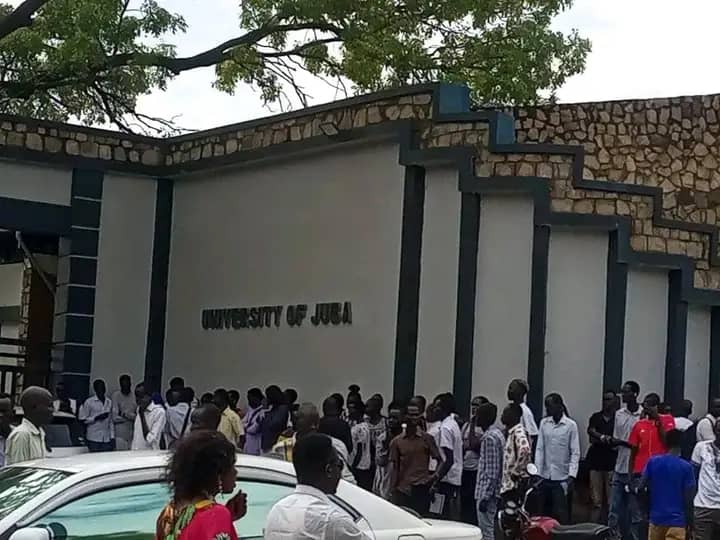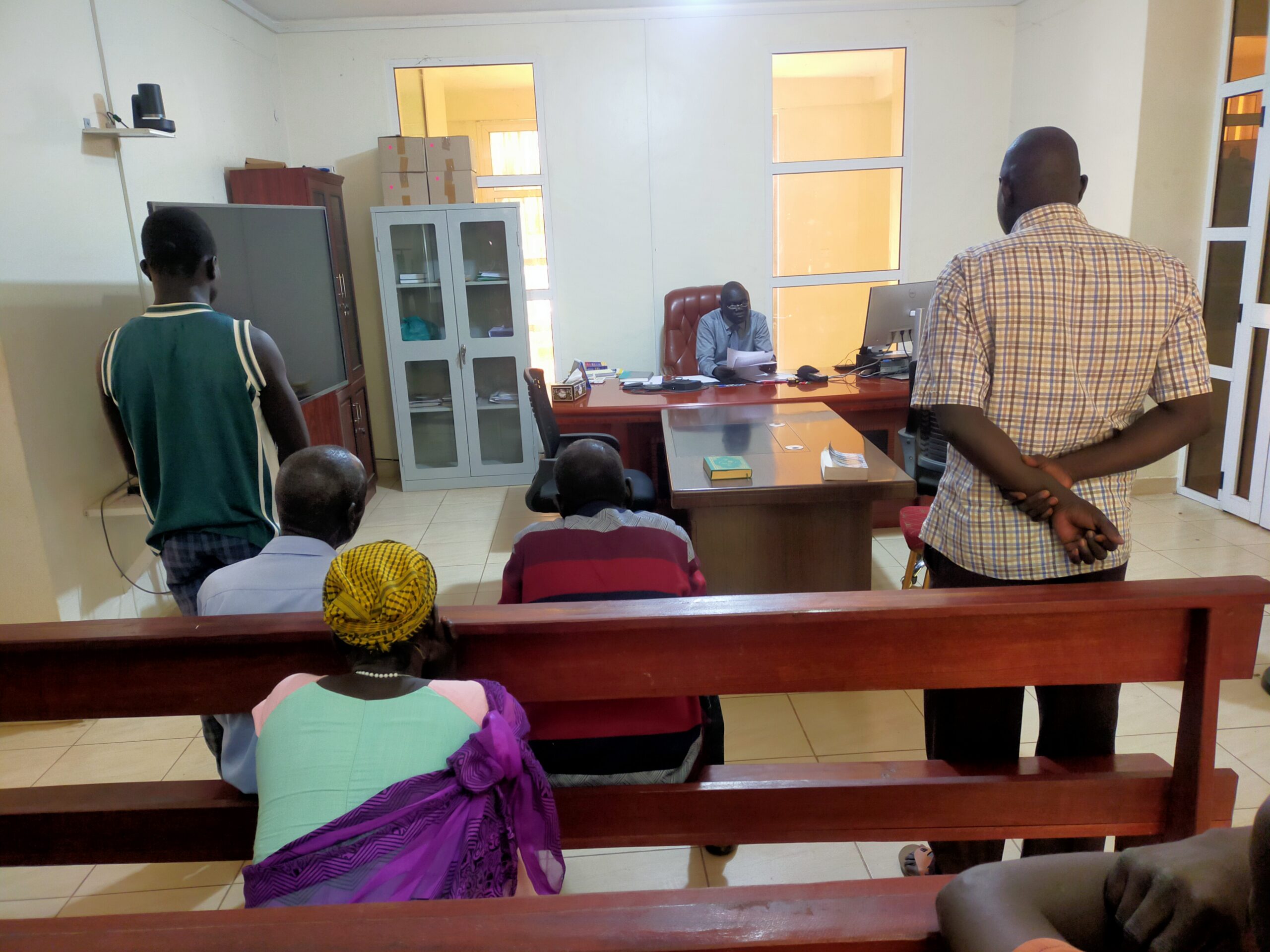
Students at the University of Juba are restricted from attending lectures and accessing campuses

By John Akoon Dau
The Administration of the University of Juba has restricted students who have not yet completed their tuition fees from attending lectures and accessing both campuses.
This comes after the university administration notified students to pay their fees for this academic year and to ensure that they are issued with valid identity cards.
Under the condition of anonymity, a student from the University of Juba who spoke with the Juba Echo said, “We feel it is unfair because students will pay in the end while the lectures will not be repeated to us. It is a loss.” He lamented.
On September 3rd, 2023, the university administration on its official page notified the students of what they called ” Controlled Access to the University,” which read, “As from Tuesday, September 12th,2023, access for students to the university ( Both Campuses ) will be through the presentation of a valid identity card. All students are therefore advised to complete the payment of their fees for this academic year and to ensure that they are issued with a valid identity card by the above date.” The notice reads.
In 2019- 2020, students at the University of Juba experienced the same
restrictions from the University administration which led students to stage protests and vandalize the university infrastructures and the administrators took severe punishment against students to suspend and dismiss others.
The University of Juba is a comprehensive premier South Sudan University that was established in 1975. The University admitted its first students in 1977 and currently boasts about 40,000 Students spread across 23 schools, 2 colleges, 3 institutes, and 5 specialized centers of which over 5000 Students are studying at the postgraduate level. , students
The University of Juba is a comprehensive premier South Sudan University that was established in 1975. The University admitted its first students in 1977 and currently boasts about 40,000 Students spread across 23 schools, 2 colleges, 3 institutes, and 5 specialized centers of which over 5000 Students are studying at the postgraduate level.




































